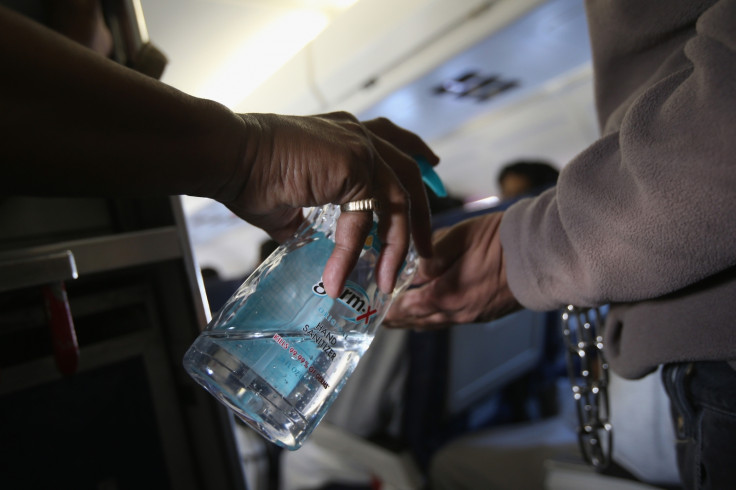How hand sanitiser could get you arrested for drink driving this Christmas
About 10% of all tests came back positive by mistake.

Police officers who lather their hands with sanitiser could be skewing results of breathalyser tests.
According to new research by the Journal of Forensic Sciences, about 10% of sober drivers are registering positive alcohol concentrations when the officer applies gel or foam hand sanitiser before the test.
From 130 people tested, 13 came back positive for alcohol. Some 41 other people were tested, but the machine responded with an error. The data is only valid for breathalyser tests held at the station, however previous evidence has found a similar result in road-side tests.
The test was held in a ventilated room with a handheld breathalyser. Two "officers" performed the test on 65 people before and after applying a golf ball-sized portion of hand sanitiser. Most concerningly, the evidence found in a police station from an alcohol test can be used in court to find "drink-drivers" guilty (a roadside test cannot).
Missouri Department of Health and Senior Breath Alcohol Program's Brian Lutmer, who authored the study, told Gizmodo that breathalysers should be kept well away from hand sanitiser. "We want to make it clear to the operator, don't subject yourself to being around alcohol, or allow alcohol fumes to be in the air," Lutmer said. "That can also affect the test."
Debate is underway about driveless cars and the impact of "pilots" using them to get home when drunk. Australia's National Transport Commission lobbied last month to exclude the driver from prosecution, even when drunk, in the event of a crash.
The NTC argued that a person "driving" a self-driving car is not really a driver and that the law should be updated to reflect this. "The occupants will always be passengers. The situation is analogous to a person instructing a taxi driver where to go," it said.






















